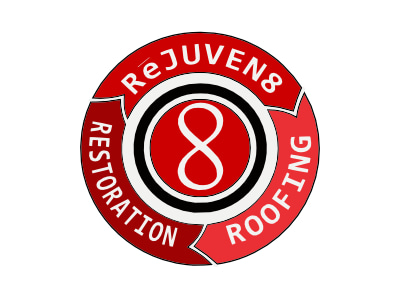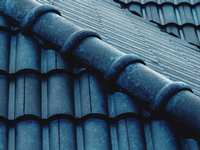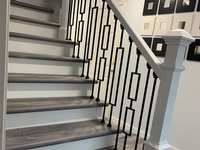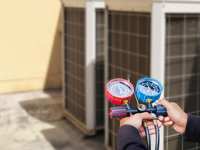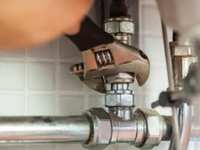The Importance of Regular Roof Inspections: A Preventative Approach
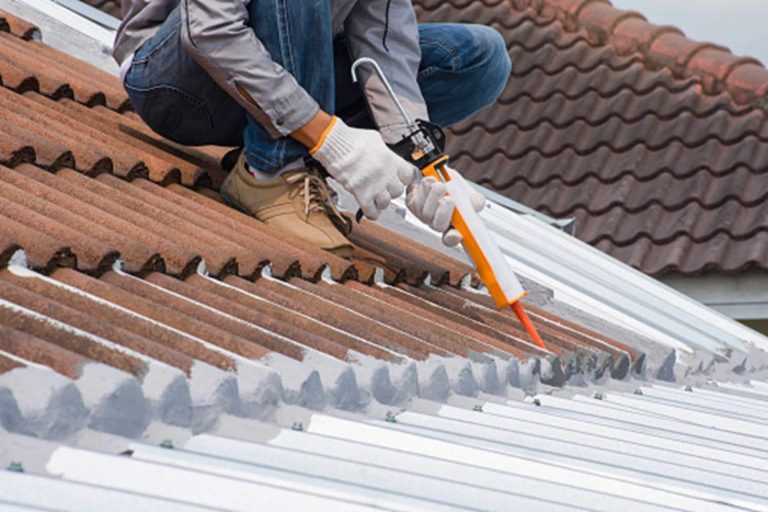
The roof of a building is often overlooked and underappreciated, despite its crucial role in providing shelter and protection. Regular roof inspections are a fundamental component of responsible property maintenance. Using a preventive approach to roof care can result in significant savings for homeowners and property managers in the long run and prevent potential safety hazards. This article discusses the importance of regular roof inspections and how they contribute to a building’s overall health and longevity.
Detecting Early Signs of Damage:
The main advantage of regular roof inspections is that they allow the detection of early signs of damage. Over time, roofs are exposed to a variety of weather conditions that can contribute to deterioration, including rain, snow, wind, and UV rays. Through routine inspections, property owners can detect minor issues such as loose or damaged shingles, small leaks, or deteriorating flashing before they become more serious.
Preventing Costly Repairs:
Roof issues need to be addressed in the early stages not only to maintain their structural integrity, but also to reduce costs. Small repairs generally are more cost-effective than extensive roof replacements. The importance of regular inspections is that they allow property owners to address problems promptly, preventing them from evolving into more significant, more expensive issues that may require extensive repairs or even a complete roof replacement.
Extending Roof Lifespan:
Many property owners prefer to delay roof replacements as long as possible since they are substantial investments. It is possible to extend the lifespan of a roof by performing routine inspections and timely repairs and maintenance. A well-maintained roof is more resilient and less likely to deteriorate prematurely. In addition to saving money, this proactive approach will ensure that the roof continues to function correctly throughout its intended lifetime.
Protecting Interior Spaces:
A compromised roof can lead to water leaks, which, in turn, can cause structural damage, mold growth, and damage to personal belongings and furnishings. Water infiltration can damage the interior of a building. By identifying and addressing vulnerabilities before they result in water damage to the interior spaces of a property, roof inspections serve as a critical line of defense against such issues. Preventative measures such as these not only protect the building’s structure, but also ensure the well-being of its occupants.
Enhancing Energy Efficiency:
Maintaining a well-maintained roof contributes to a building’s overall energy efficiency. Heat loss can occur during the winter as well as heat gain during the summer when the roof has leaks or gaps. This may result in the HVAC system working more hard and increasing energy consumption. By conducting regular roof inspections, potential energy loss points can be identified and sealed, ensuring that the building remains energy-efficient at all times. Additionally, this reduces utility costs while also aligning with the growing emphasis on sustainable and eco-friendly building practices.

